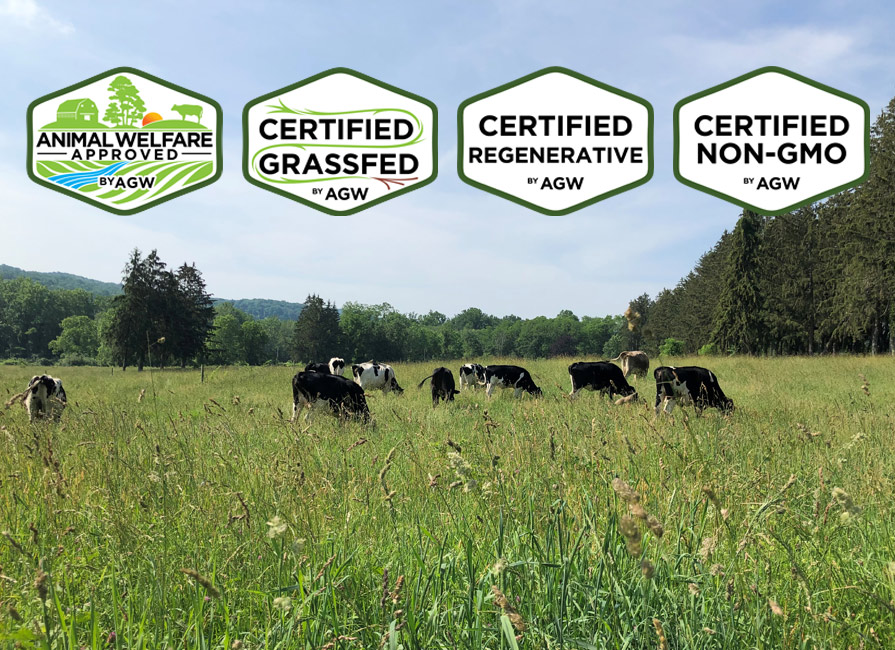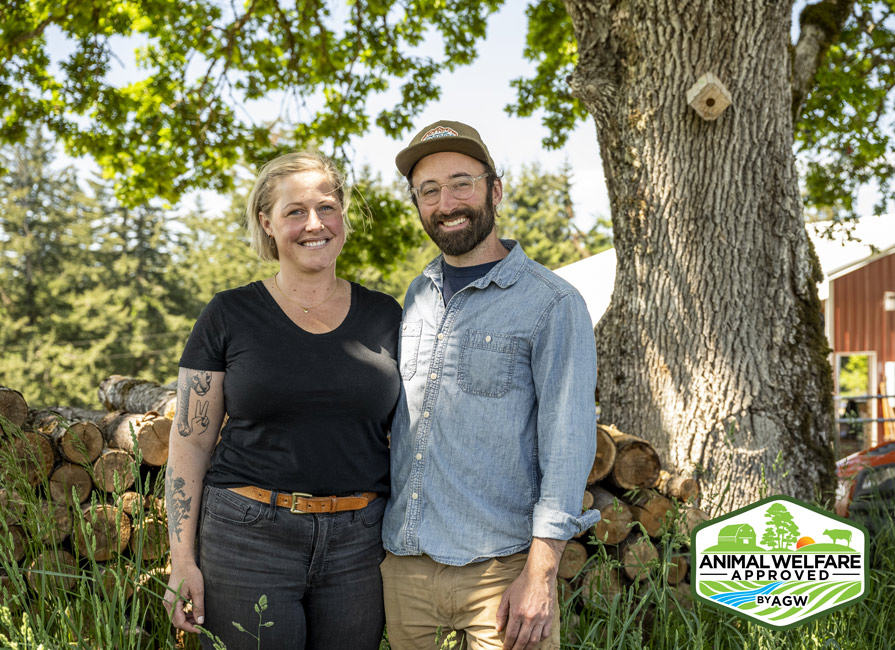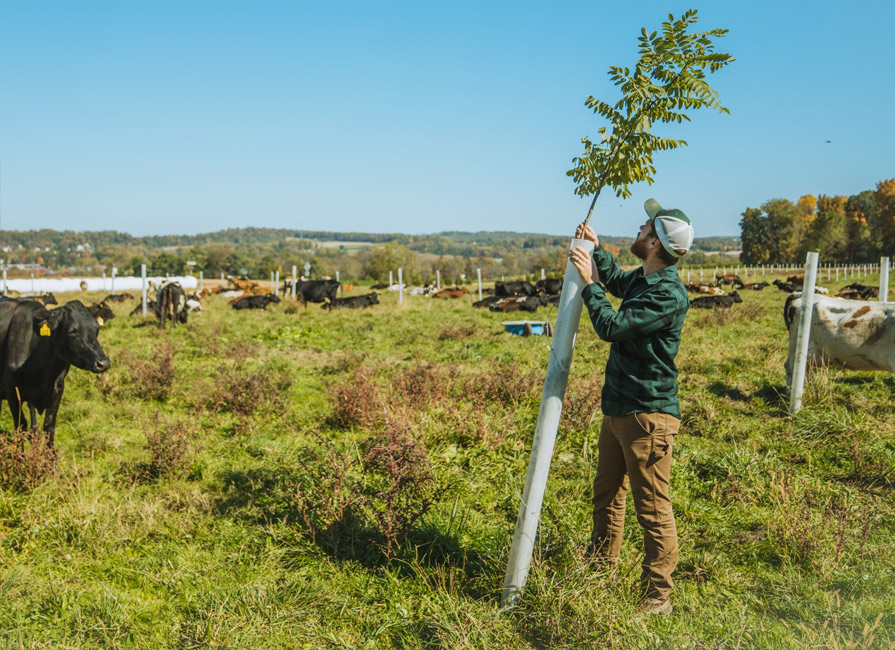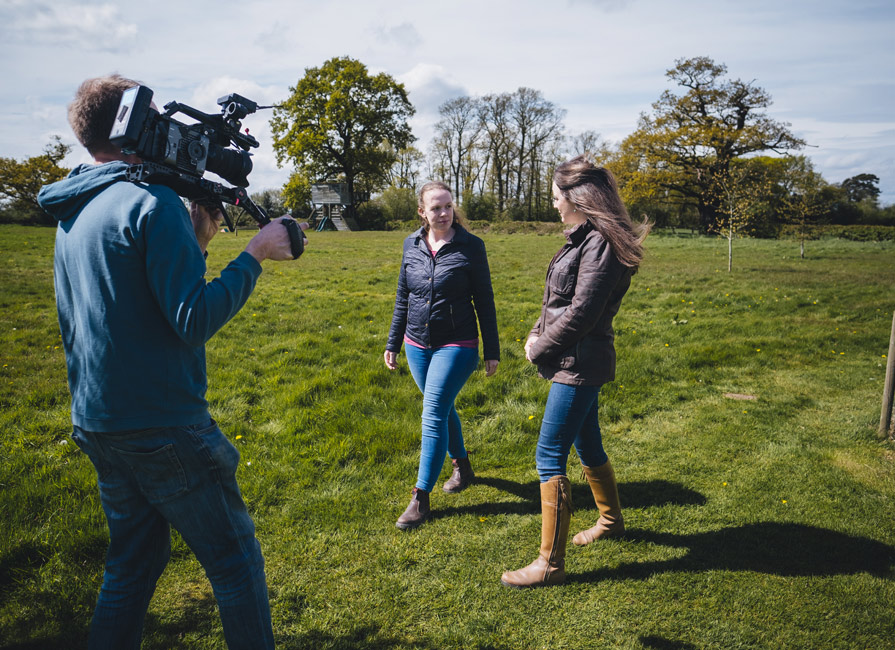Zach and Christina Menchini own Campfire Farms, 30 acres of pasture and woodland near Mulino…

All Change
AGW standards have been written and developed by scientists, farmers and farm animal welfare experts from around the globe. Every year, our Standards Board reviews and updates the current standards.
How does it work?
Throughout the year, we collate and examine any new science relating to the different AGW certifications to ensure our standards reflect scientific consensus on best practice. Anyone can submit a suggestion or Standard Amendment form during the year (as outlined in P.2.4.5 in AGW’s Policy document), so the Standards Board looks at any suggestions or requests received during the year about possible changes.
Finally, we also examine our auditing process and review how standards were scored throughout the year to identify any trends or possible problems on the ground. This also lets us know if we need to clarify any standards so the intent and meaning is clear for our certified businesses.
Stakeholder consultation
Once we have completed our initial review process, we notify all operations who have been accepted into the program about the possible changes. We also announce the consultation process, providing details on where to access information on our website and the expected timeframe. After the close of the consultation, the Board will then look at feedback before making any final decisions. We then publish the updated standards on the AGW website.
This year’s review process resulted in some new standards, as well as clarifications for several others.
Standards updates: examples
The previous AWA standard 7.0.18 recommended that farmers should avoid using manure and fertilizer that may have a negative effect on soil microbial life and/or which contain heavy metals.
The updated 2024 standard now requires that manures and fertilizers that can have a negative effect on soil microbial life and/or which contain heavy metals must be avoided. Based on scientific advice, this standard has changed from a recommendation to a requirement.
The new Certified Non-GMO by AGW standard 1.0.5 requires that any certified non-GMO products containing or derived from animal ingredients must come from livestock certified to the Certified Animal Welfare Approved by AGW (AWA) species-specific standards. (A derogation may be granted in cases where AWA animal ingredients are not available.) The addition of this new standard reflects a tenet of the Non-GMO program that was not previously covered, and thus makes it clear what the program is looking for and when a derogation may be possible.
A change to the Standards for Distributors and Processors now includes brands, as well as specific standards that cover the use of single ingredient, multiple ingredient claims, and ‘made with’ laims, in addition to others that verify traceability and mass balance.
These are just a few examples of recent changes that have been incorporated. We strongly encourage you to take part in future consultations and read the updated standards on the website.
If you are interested in certification and have any questions, please get in touch. We are here to help.
Author: Tim Holmes is AGW’s Director of Compliance
Originally published in the Fall 2024 issue of AGW’s Sustainable Farming magazine.



